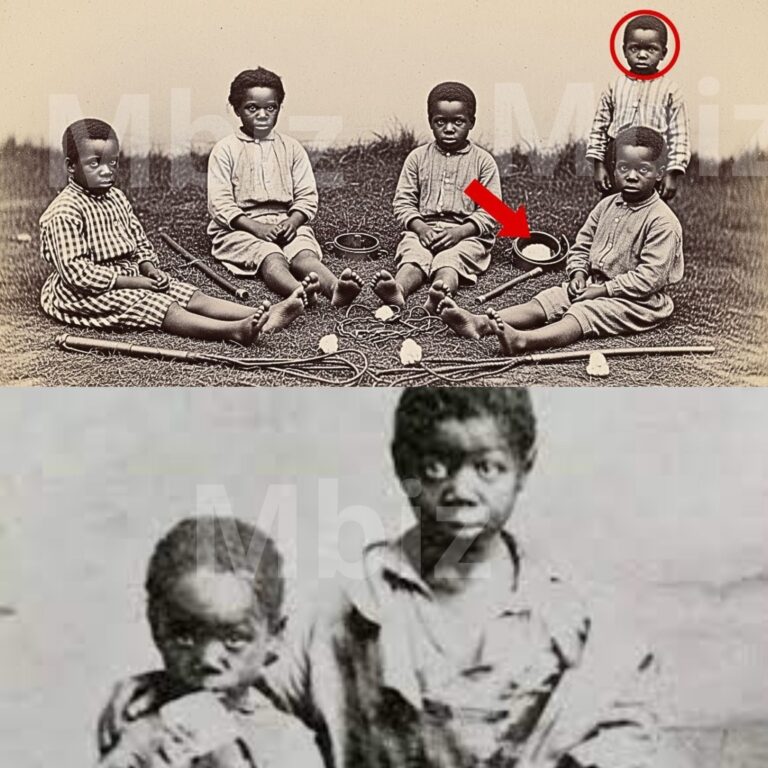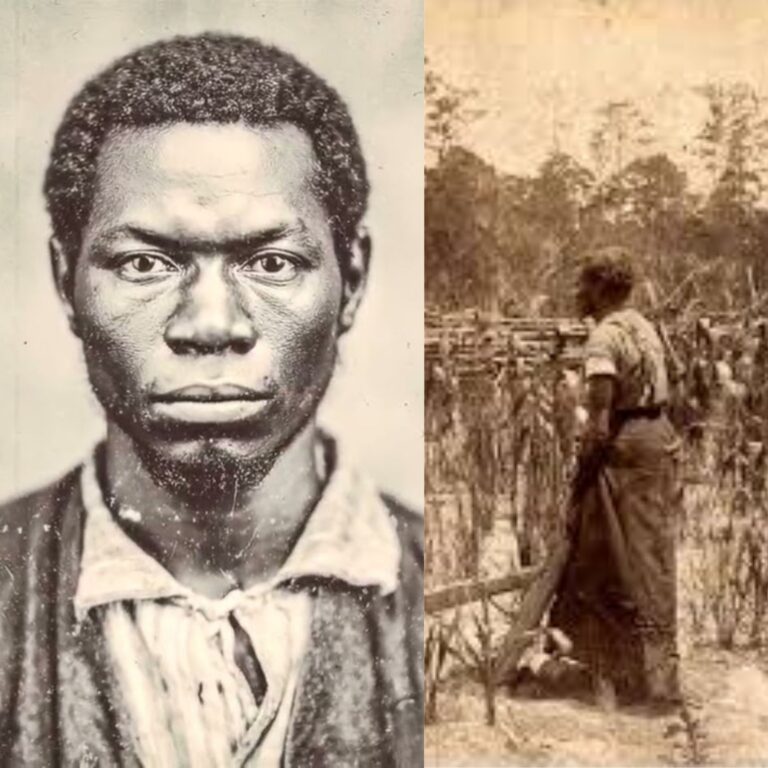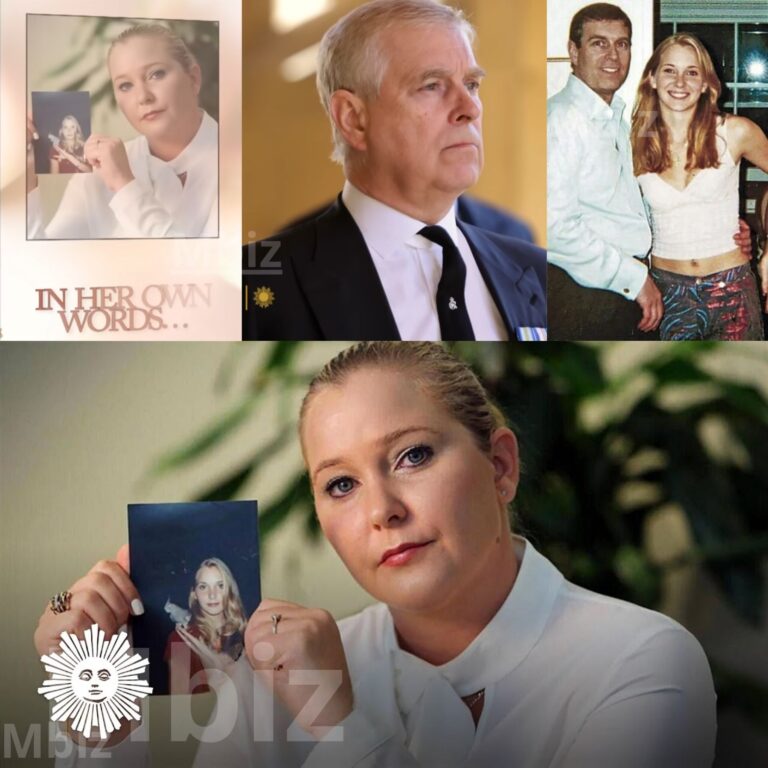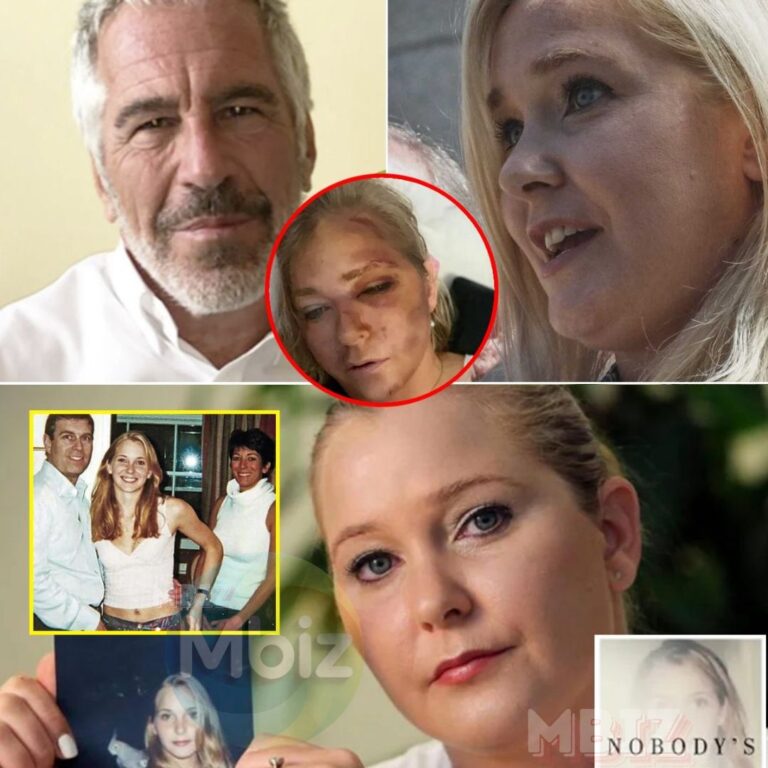A Survivor Resurfaces Amid Controversy
The Settlement Under Scrutiny
The 2022 settlement, reportedly worth £12 million, resolved Giuffre’s civil lawsuit accusing Prince Andrew of sexually abusing her three times when she was 17, allegations he has consistently denied without admitting liability. Recent unsealed emails from 2011 show Andrew telling Epstein “we are in this together” the day after a infamous photo of him with Giuffre surfaced, contradicting his claims of cutting ties with the disgraced financier. Giuffre’s lawyer, David Boies, had previously warned that attempting to reopen the case would pose a “terrible risk” for Andrew, including potential criminal exposure. Now, with Giuffre’s sighting, advocates argue the settlement was coerced under duress and should be revisited amid fresh evidence, stirring surprise at the persistence of this royal scandal years after Epstein’s 2019 death and Ghislaine Maxwell’s 2021 conviction.
Giuffre’s Journey and Ongoing Pain
Giuffre’s story, detailed in her forthcoming posthumous memoir Nobody’s Girl set for release on October 21, traces her recruitment by Maxwell at Trump’s Mar-a-Lago in 2000 and years of exploitation within Epstein’s elite circle. Her reappearance in Australia, where she has raised a family away from the spotlight, highlights the stark contrast between her quiet life and the global storm she unleashed through lawsuits that toppled reputations. Recent reports of her family’s reaction to Maxwell’s prison conditions and calls for Andrew’s full investigation underscore the empathy for Giuffre’s lifelong battle with PTSD and isolation. This sighting, captured in defiant photos, evokes admiration for her resilience while fueling curiosity about whether she will speak out again, potentially providing new testimony to support reopening the settlement.
The Debate Heats Up Globally
Social media and news outlets have erupted in debate since Giuffre’s spotting, with hashtags like #ReopenAndrewSettlement trending worldwide. Supporters argue the original deal insulated Andrew from scrutiny, pointing to Giuffre’s brother’s pleas against pardons for Maxwell and demands for thorough probes. Critics, including some royal commentators, warn that revisiting the settlement could expose Giuffre to further trauma without guaranteed outcomes, as her lawyer has stated Andrew “won’t” pursue it. This clash stirs a broader conversation on wealth’s role in evading justice, contrasting Giuffre’s marginalized beginnings with Andrew’s protected status. As legal experts debate the feasibility—citing time limits and mutual agreements—the public weighs in, amplifying the scandal’s reach.
Will Justice Prevail or Fade?
With Giuffre’s reappearance breathing new life into the case, the question looms: Will pressure force a reopening, or will the elite’s barriers hold? Her memoir’s imminent release promises more explosive details, potentially tipping the scales. This moment challenges readers to join the debate—demanding accountability or risking complicity in silence. As Australia becomes the unlikely stage for this royal reckoning, Giuffre’s defiance ensures the story endures





